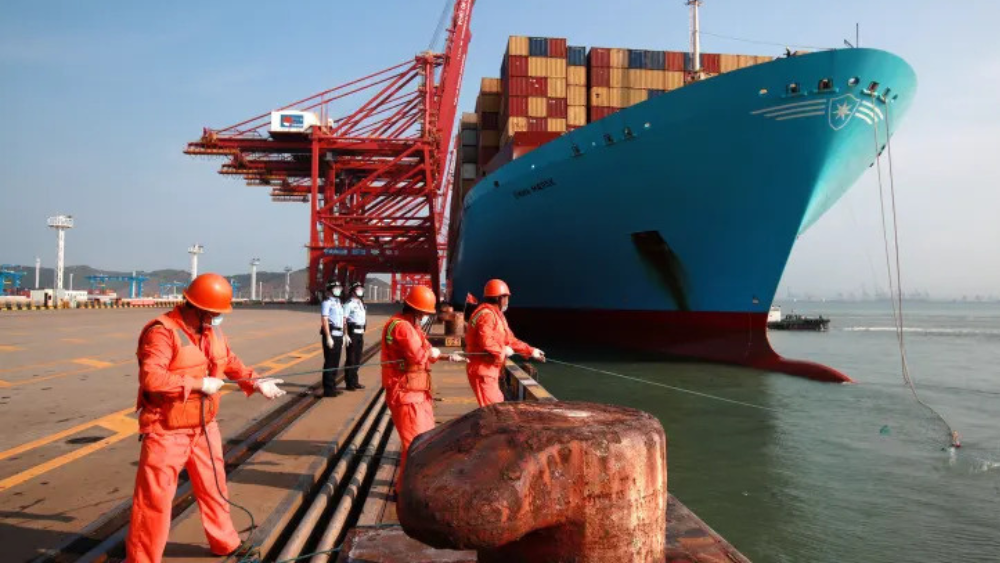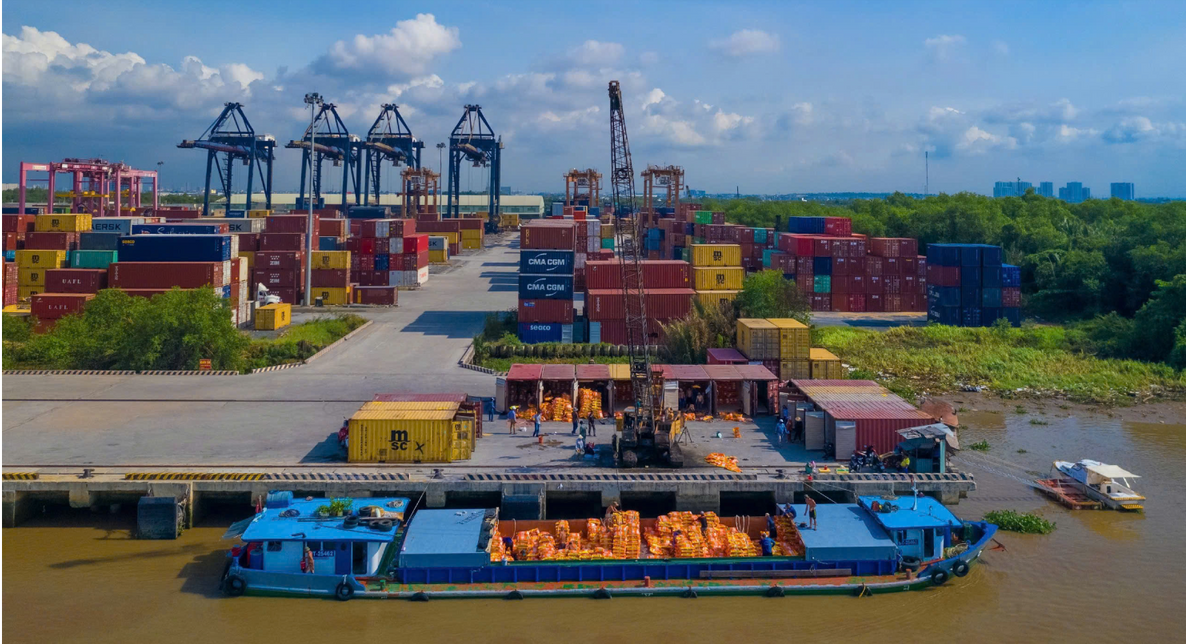
29/10/2022
U&I Logistics - China is losing more manufacturing and export market share in key sectors to Asian neighbors, with recent “Zero Covid” policies a significant factor leading to further erosion in its long-time dominance of global trade.
According to data shared by transport economics firm MDS Transmodal, China has lost ground in key consumer categories, including clothing and accessories, footwear, furniture, and travel goods, while also seeing declines in its share of exports from minerals to office technology.

“China’s Zero Covid approach is impacting production and manufacturers are seeking alternatives to the current ‘factory of the world’,” said Antonella Teodoro, senior consultant at MDS Transmodal.
“Drilling down to the individual commodity groups exported from China, we observe that China has been continuing to lose market share, with Vietnam amongst the countries gaining importance on the international landscape,” Teodoro said.

That view matches other recent market research on the gains being made by Vietnam in particular.
Teodoro said Vietnam’s close proximity to China and cheap labor are reasons why Vietnam is considered a suitable alternative.
Ocean carrier MSC, along with the Vietnam Maritime Corporation, announced in July the creation of a new transshipment container terminal project near Ho Chi Minh City. Once completed, this terminal would become the largest in the nation. Both Maersk
and CMA CGM are investing in their own facility expansions in that region.
“Shipping lines are looking for new markets and investing and expanding new markets,” Teodoro said. “They perceive demand and are creating a market with these investments.”

The competition had been intensifying in the years before Covid. Vietnam has taken the lion’s share of the manufacturing trade away from China with an almost 360% increase in far-distance trade since 2014 — the year the country started to invest in its maritime and manufacturing sector.
Malaysia and Bangladesh have taken apparel manufacturing away from China, according to MDS Transmodal, while Taiwan has seen a marginal uptick in metal manufacturing.
Since U.S. trade tariffs in 2018, there has been a hunt for alternative sourcing locations to China, initially limited to fashion and footwear, according to Akhil Nair, senior vice president of products, Asia Pacific for SEKO Logistics. The compounding impact of Covid lockdowns in China (Shenzhen, Ningbo, etc.) and the disruptions in supply chains led to what Nair called “a quick ramp up in clients hedging their sourcing geographies, especially with countries like Vietnam.”
“While recent China lockdowns don’t impact vessel operations or the terminal itself, it is clear that there remains impact on other highly dependent parts of the supply chain like trucking, CFS warehousing, and container yards in some cases,” Nair said.
Source: CNBC
U&I Logistics
.jpg)
26/01/2026

30/12/2025